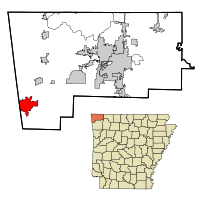Chelan PUD is asking the people of their rural community whether they “love” or “just like” their beleaguered and pioneering fiber-optic network. At a series of public input meetings to be held across the county over the next month, residents will have the chance to hear opinions from business, economic, and marketing consultants, as well as express their devotion, or lack thereof, to the network. The future of the network is in question and the Chelan PUD needs to hear from its owners.
At the first meeting, on February 28th, most residents of Chelan County said that having a locally owned and controlled network available to them was a priority. Consultants hired by the PUD said the fiber-optic network could be self-sustaining in the long term with changes in business planning. Recommendations included writing off internal debt, more aggressive marketing efforts to existing and ready locations, and collaborating with ISPs to obtain more subscribers in the open access network. Yes, the PUD Fiber-optic network has had its problems, including high installation costs due to the landscape and lack of conduit, changes in PUD leadership, and incompatible existing residential technology. Nevertheless, experts and the local community appear patient and cautiously optimistic. More meetings will follow; the next is scheduled for March 19th.
Providers lease from the PUD (state law prohibits them from competing directly with retail services) and proceeds from wholesale electricity sales have allowed the network to continue expanding. As we have reported in the past, the PUD is an open access network and while it has not been able to pay down its debt, and has had some difficulties, the PUD network has recognized value in the community, as evidenced at this first meeting. It certainly beats not having access to the essential infrastructure necessary to succeed in the modern economy.




